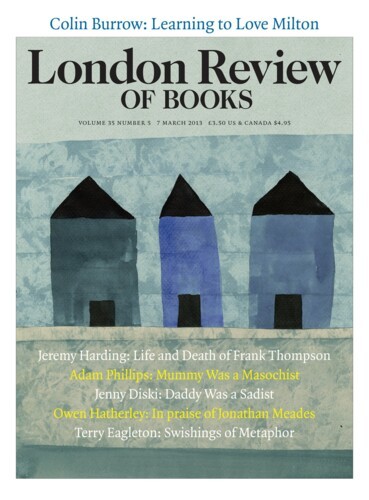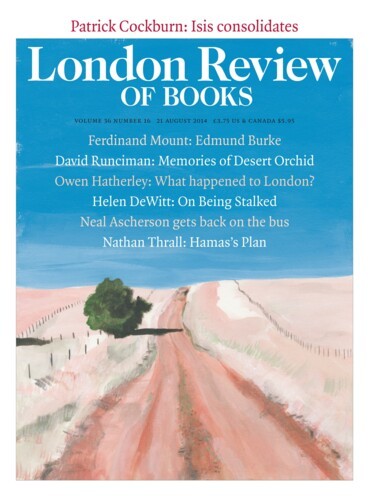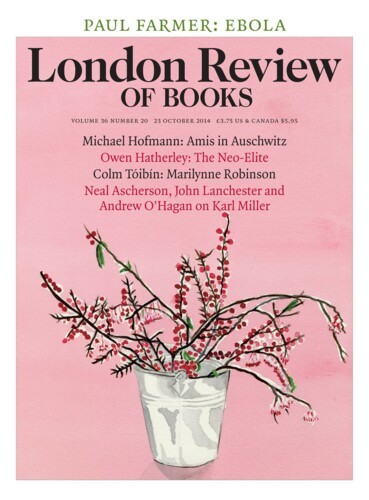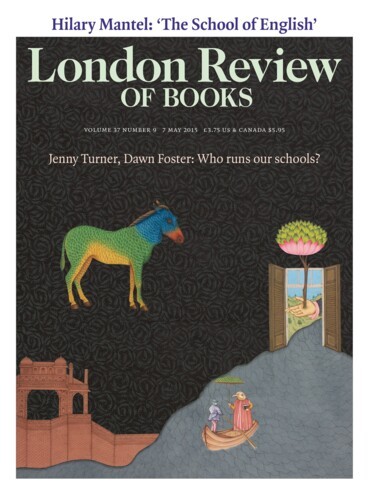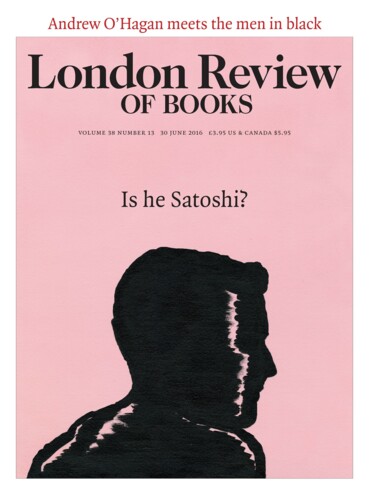Joe, Jerry and Bomber Blair: Jonathan Meades
Owen Hatherley, 7 March 2013
Jonathan Meades, for the last thirty years Britain’s most consistently surprising and informative writer on the built environment, has finally published a book on the subject. A volume did appear in 1988 – English Extremists, written with Deyan Sudjic and Peter Cook, celebrating the postmodern architects Campbell Zogolovitch Wilson Gough – but since then his medium has been television. Meades has never been a fully paid-up architectural correspondent; he argues in Museum without Walls that taking up such a job helped destroy Ian Nairn.
